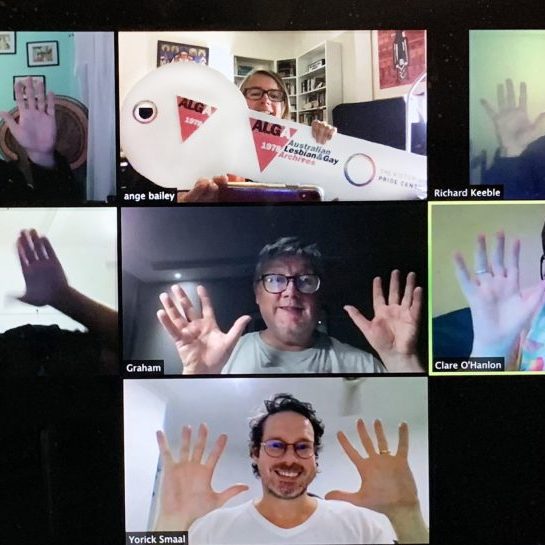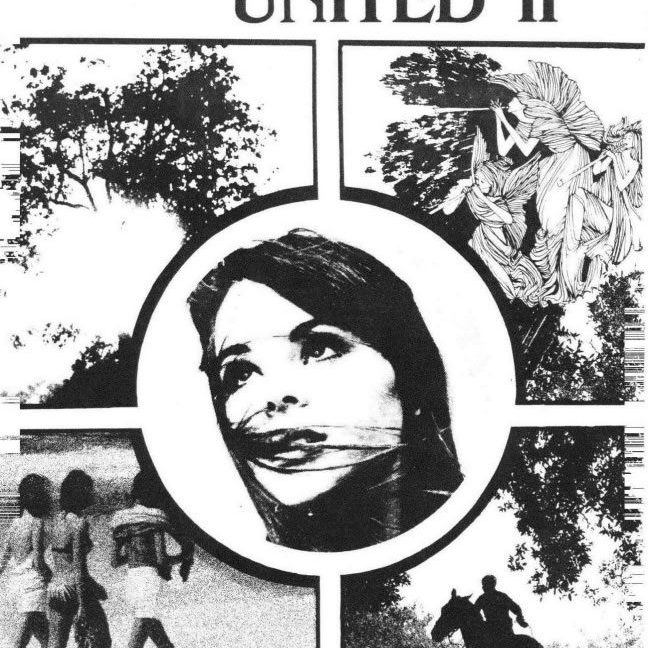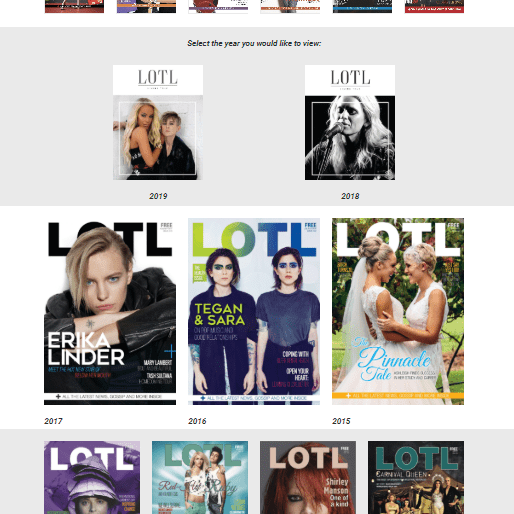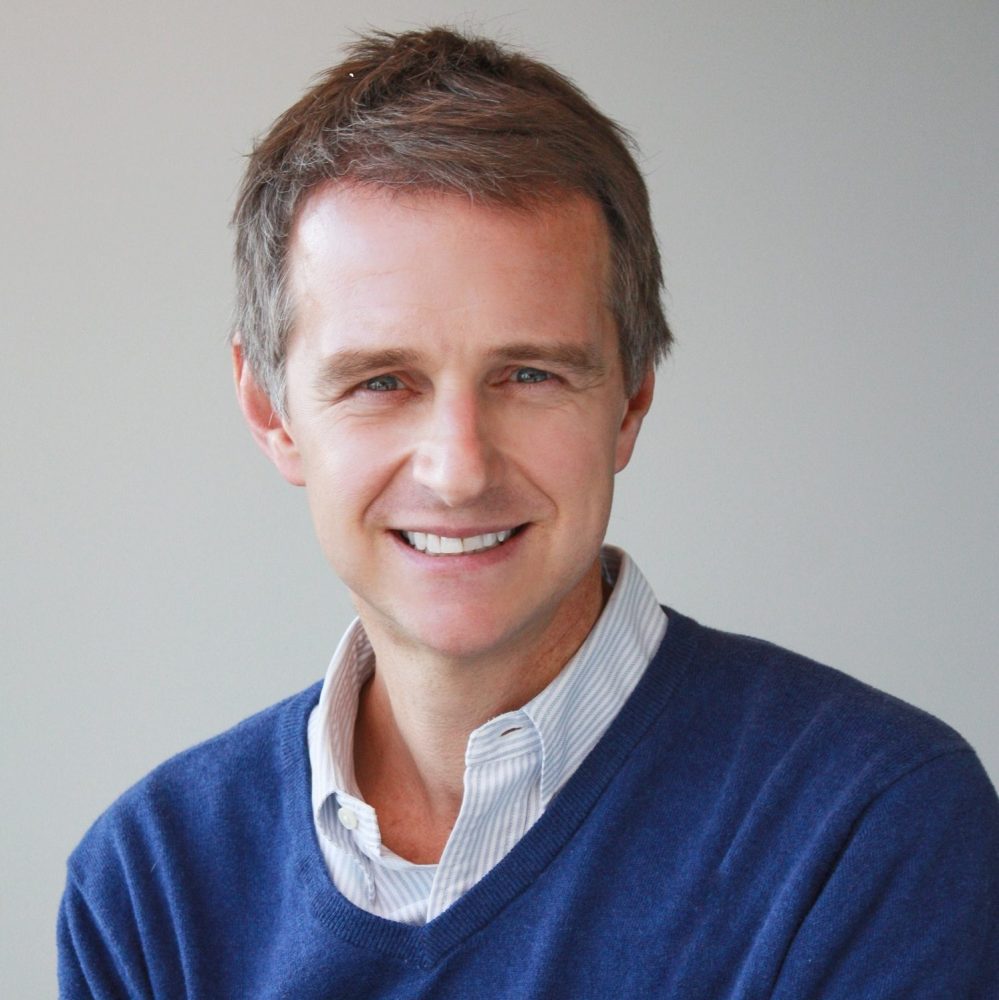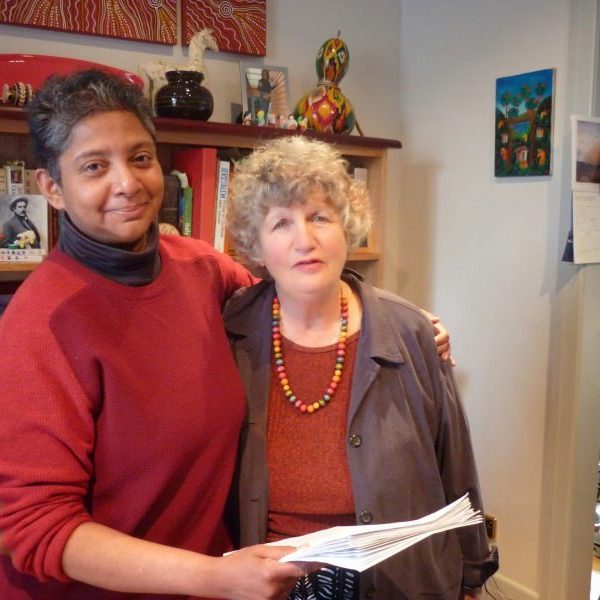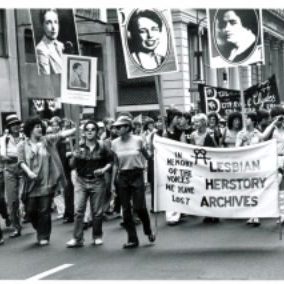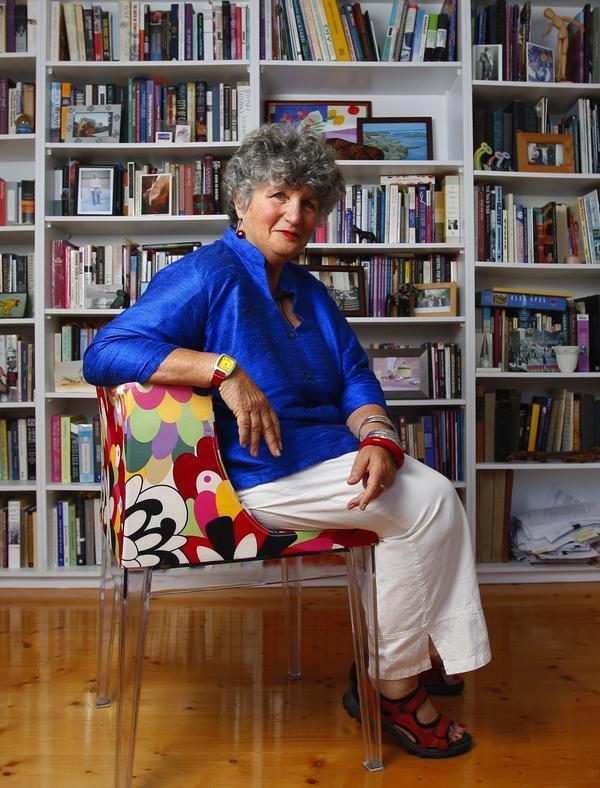
As one of the founders of the Lesbian Herstory Archives, New York Bronx-born, Joan Nestle, is as passionate about the enduring collection now as she was in its 1970s beginnings.
Although she had not seen the final cut of Megan Rossman’s documentary The Archivettes when we spoke with her, she could not wait to see its interviews with founders, footage and photographs of the evolution of the archives.
She remembers it as if it were yesterday.
She worked with the archives from the start and despite emigrating to Australia for love some 20 years ago (she lives in West Brunswick) is still working on them.
There were six women, all with different political and bar scene histories.
For instance, Nestle was a femme coming out in the “working-class butch femme bars of Greenwich Village in the late 1950s”. Another founder, Deborah Edel, was a lesbian feminist.
“We knew that in 1974 the lesbian feminist movement was producing a culture at a slick pace, but it was already being lost.” Between them, group members had “meetings, meetings, meetings”, including then ubiquitous cr (conscious raising) ones. “We sent out letters to all the existing lesbian and gay periodicals about this new undertaking. I had never been in an archive as a working-class girl. We did not want it to be academic. We wanted it to be more like a complex family album,” she says.
It was unashamedly driven by “a collectivist passion. We did it all without grants. Our motto was if something was needed and it didn’t exist, we would bring it in, share our own resources.”
Nestle even gave up her New York Westside apartment to the project, where the archives were housed for “20 something years”. The LHA now lives in a four-storey block that, as far as they know, “is Brooklyn’s first lesbian-owned building”.
The archives not only consolidate lesbian history but also that of the LGBTIQ+ community stored in a vast range of what Nestle calls “artefacts”, lovingly collected from the early days of gaining “the trust of a lesbian community that had never lived with history.”
They also had – and have – a ready supply of volunteers. Nestle is proud of this community, an ever-growing family embodying the collective energy of people (of all ages) worldwide. (Sixty per cent of the collection is now online and growing).
The original six archivettes had always said “we will never let our relationships impact on the archives. When Deb and I separated the great fear within the community was that the archives would die.”
No chance of that. “The LHA is a collectivist anti-establishment undertaking and the film should thrill Australian viewers or anyone who is feeling hopeless. The LHA could not have existed without the civil rights movements, without other people putting their lives on the line saying we are not your pawns of history we are also the makers of history and we want to tell our stories in our own way.
What was really being born was a new concept of history.”
She is forever grateful for Rossman’s “incredible gift” of making the film. “I had heard there was this wonderful filmmaker called Megan Rossman who was working at the archives. She did a small film of Deb, which was shown at the Cannes Film Festival. Then she started writing to me and sent me some clips. I was blown away by their quality.
“But the real touching thing was that Deb and her partner came to visit me here (Deb’s in her 70s and I am almost 80) and Megan and her partner (also) came and stayed. She filmed and interviewed Deb and me together for the first time in 20 years, and that is how I got into the film. I play a very small role.”
Among other things, an archive for her is an “’ unending poetic epic confronting, comforting, exalting, enraging … a place for … deeper understandings of difference’.” There is no such thing as a good lesbian, she says. “We need empathy and insight into other people’s histories.
“The Archives is a project of hope, a project of inclusion without over-simplification. I hope people come to the film with unanswered questions. I hope the film is a surprise. Go see it as a curiosity.”
Watch The Archivettes at the Queer Screen’s 275th Mardi Gras Film Festival
Sun Feb 16, 5:00 PM
Dendy Cinema, Sydney
Tickets Here

